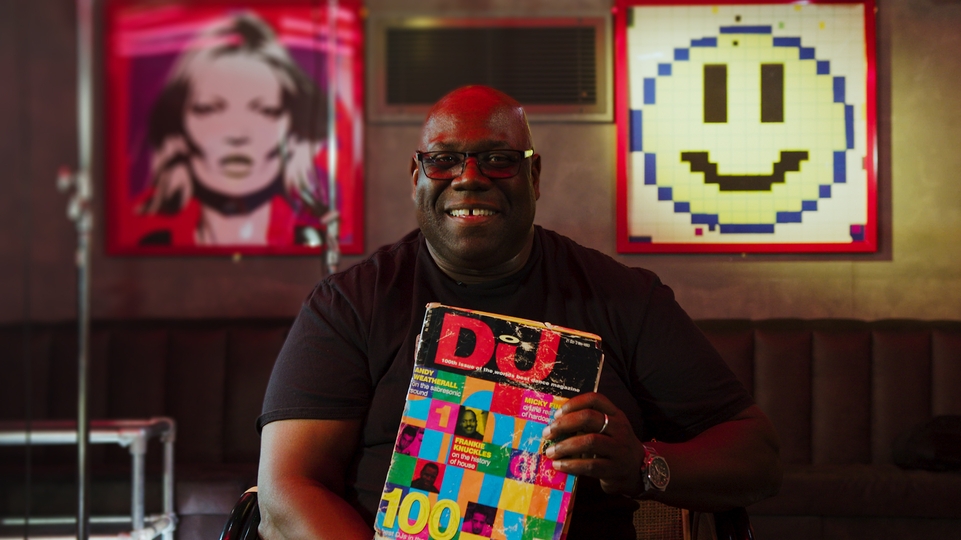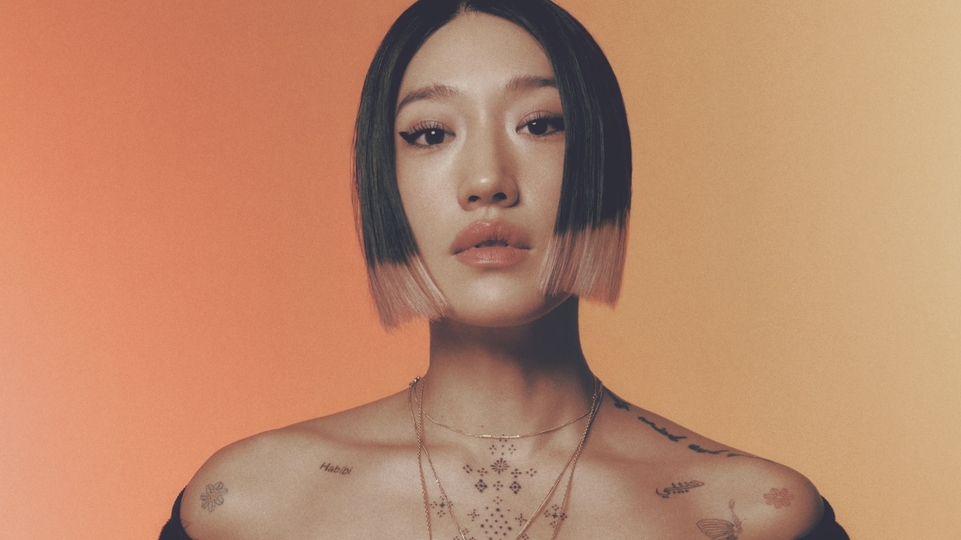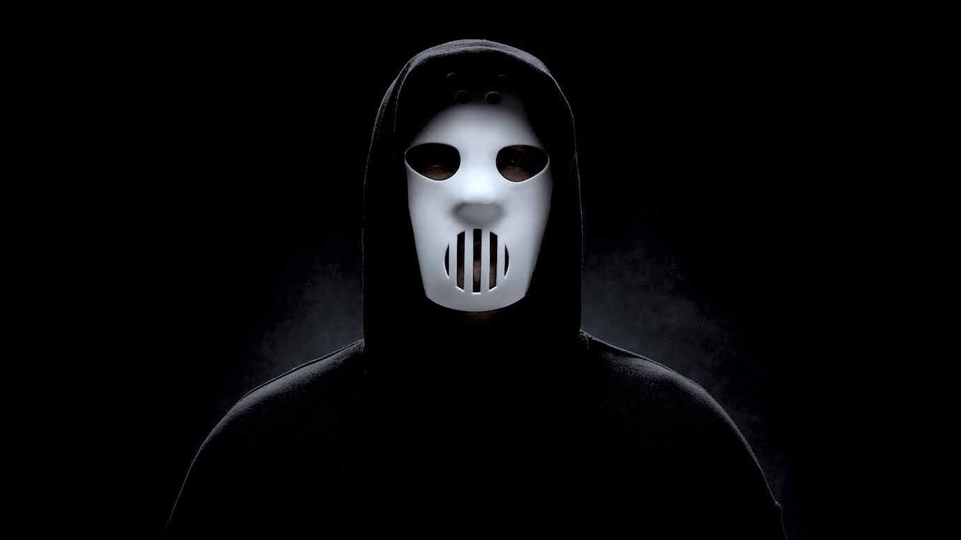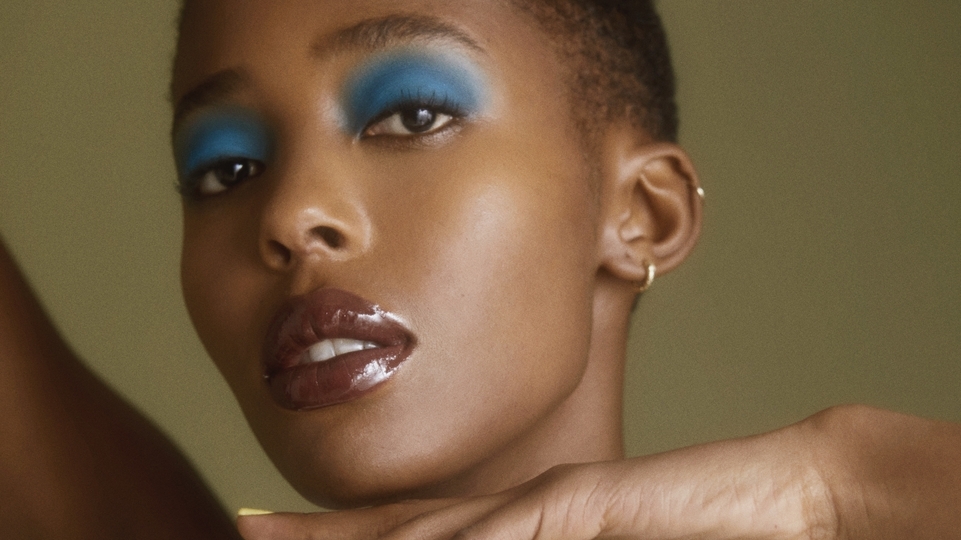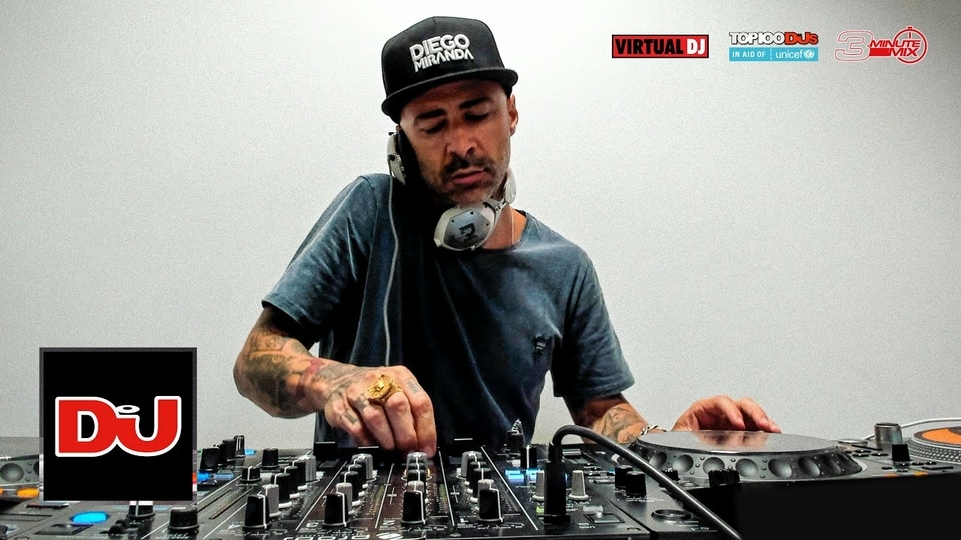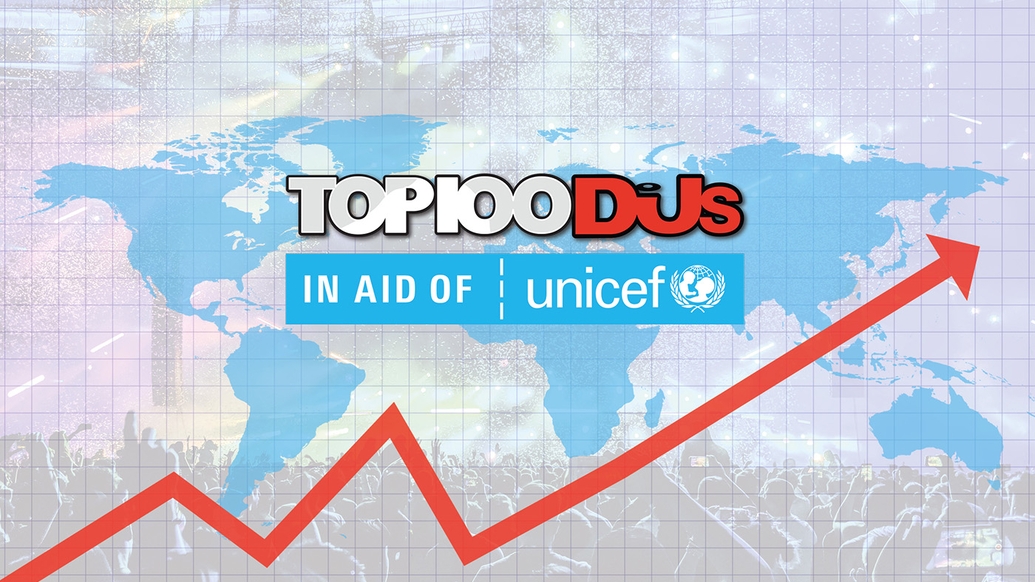
Top 100 DJs 2020: Analysing this year's key trends
In this strangest of years for international DJ culture, the coronavirus pandemic has completely changed the landscape in which dance music is consumed, with clubs around the world being shut and countless festivals cancelled. Fans still came out in their droves to vote for their favourite DJ in this year's DJ Mag Top 100 poll though, with just under 1.3 million verified votes received. Here, we analyse this year's key trends and changes, and examine both how it reflects, and fails to reflect, the state of dance music in 2020
The Top 100 DJs poll is back. The coronavirus pandemic has obviously put a halt to nearly all of the live DJ shows scheduled around the world for most of this year, but DJs have carried on their careers in all manner of ways — and voters have still continued to support them regardless.
DJ Mag received just under 1.3 million verified votes in the poll this year, only a fraction below last year’s record-breaking total. This shows that while most people were stuck at home, their appetite for DJ culture was undiminished. Indeed, the views that DJ Mag’s Virtual Festival sets received — 8.3 million during the Top 100 DJs voting period, from 95 different DJ sets — suggest that the appetite for sets from many of the world’s top DJs remains strong. The most far-reaching DJ set from the Top 100 DJs Virtual Festival sessions — every Saturday from July to September — was David Guetta’s stream from the terrace of his villa in Ibiza (2.3 million), while from the Alternative Top 100 DJs shows that ran every Sunday, Carl Cox had the best performing set with a 1.2 million reach. Unsurprisingly, their popularity was reflected in the size of their vote, although voters clearly took other factors into consideration too when voting for their favourites.
As you will have gathered by now, David Guetta has jumped back up to the top of the pile again this year — for the first time since 2011. As he states in his interview, the reason he credits for this is his renewed focus on dance tracks rather than pop hits. Guetta hopes that his #FutureRave sound will ignite dancefloors once the world is allowed to rave again, and his determination to unite the disparate, under-fire international scene until that time is to be applauded. Elsewhere in the Top 10, last year’s poll winners Dimitri Vegas & Like Mike are the Highest Group at No. 2, Armin van Buuren is again Highest Trance (unchanged at No. 4), and Don Diablo is again Highest Future House DJ (No. 6). The big news is Brazilian hotshot ALOK busting in at No. 5, effectively switching places with Marshmello who slides down to No. 11. Aoki and Afrojack are both slightly up, while Tiësto slides out of the top 10 for the first time in 20 years. The trumpet-toting Timmy Trumpet, meanwhile, tiptoes into the top 10 for the first time.
The 11-20 segment of the chart hasn’t changed that much from last year, although KSHMR, R3hab, W&W, Skrillex, Calvin Harris and Above & Beyond are all up. NERVO have jumped four places to No. 20 and remain the highest placing women in the Top 100. Will this still be the case next year, though, as Charlotte de Witte has leapt a whopping-great 42 places this year, making her both the Highest Climber and the Highest Techno DJ in the poll. Charlotte has also overtaken Carl Cox at the apex of the Alternative Top 100 DJs poll. Masked marauder Claptone is again the Highest House DJ this year, up a healthy 12 places to No. 41. And Canadian prodigy Rezz is the Highest New Entry, in at No. 57. There are 18 new entries into the Top 100 in total this year, including some DJs you might’ve assumed had been in it already, such as Green Velvet and Sunnery James & Ryan Marciano. The trend of more house and techno DJs joining the poll also continues, with the likes of Amelie Lens (in at No. 59), Jamie Jones (in at No. 68) and Nora En Pure (No. 73) making the list in 2020. Despite dropping a few places, Angerfist regains the Highest Hard DJ award by virtue of 2019’s winner Headhunterz sliding 17 places. Hardstyle can be such a visceral, in-the-flesh experience that it wouldn’t be surprising to hear that all hard DJs dropped places in a fallow year where there weren’t really any live shows. But Radical Redemption and Brennan Heart bucked that notion — the two hardstyle jocks are the only two re-entries into the Top 100 for 2020.
Before casting votes this year, DJ Mag encouraged people to think both about the diverse roots of our scene and how women, Black and non-Black POC DJs have long been under-represented in the poll. While the 2020 poll still consists primarily of white men, this edition of the Top 100 DJs is more diverse than it has been for many years. Sixteen Black/POC DJs have charted in the Top 100 this year, the highest proportion for well over 20 years. And there are 13 women in the Top 100 this year (up from 10 last year), which is the highest number ever. The increased diversity of the poll certainly indicates that things are moving in the right direction, but the numbers are still far from reflective of the current diversity of the global scene and of the Black and non-Black POC LGBTQ+ foundations of dance music.
We also posed questions to each DJ about how they think racism within dance music is best combatted, and, as public figures with huge global influence, what they are personally doing to ensure better diversity in our scene. While it was universally agreed that racism is unacceptable, and many are committed to increasing diversity through their own actions, some failed to see the deeper systemic racism present, or simply decided not to engage with those questions. It is disappointing to see artists who could be spreading a positive message to hundreds of thousands of people be so dismissive of the situation. With racism so embedded into the structure of society, it is not enough to be ‘not racist’, we must be actively anti-racist. As guardians of the poll, DJ Mag has a responsibility to reshape the landscape that the poll reflects, and we are committed to doing so by continuing to diversify our coverage of Black and non-Black POC artists and addressing topics of racism and equality through our articles. We encourage all the DJs in the poll to acknowledge and engage with the discussion in a positive manner moving forward.
Votes came from 232 different countries, including principalities and islands. As an indication of how truly global the poll is, the figures include 50 votes from Greenland, 52 votes from San Marino, 924 from Syria, and one vote from the Vatican City. Europe and the United States pulled in the most votes, closely followed by Latin American countries; specifically Brazil and Mexico, but also Argentina, Ecuador, Peru and Guatemala. In Asia, India was again the largest voting country but, following the launch of a dedicated China voting site (djmagvote.cn), votes from China were up by 480% this year. Other major Asian markets driving votes include Vietnam, Japan, South Korea and Myanmar. Votes came in from almost every single African nation, but the continent’s most northerly and southerly points (Morocco and South Africa) shared the majority of the votes.
This year, there are also two special awards, which have been introduced for the first time. House legend Kerri Chandler takes home the Lifetime Achievement gong, and modern jungle and footwork spinner Sherelle has been named 2020’s Future Star.
